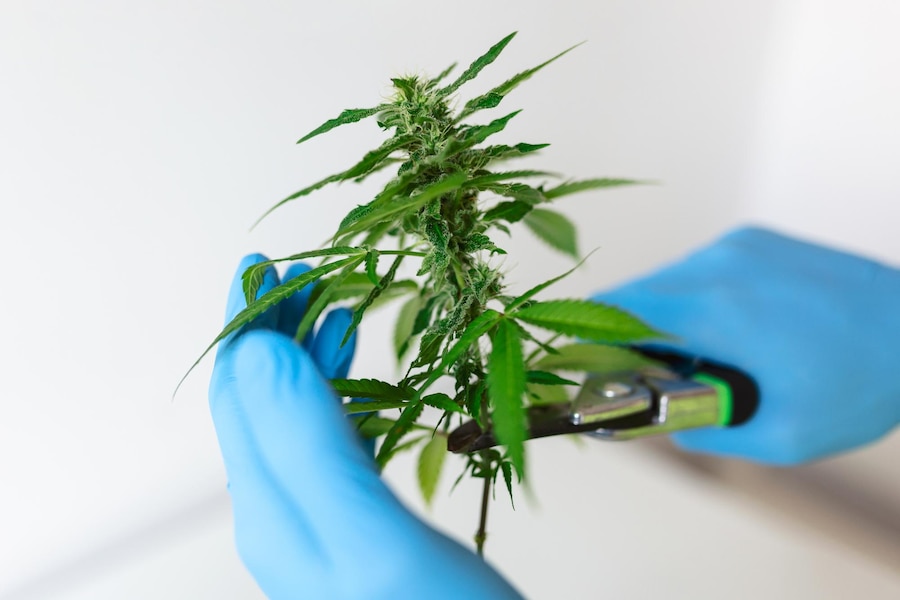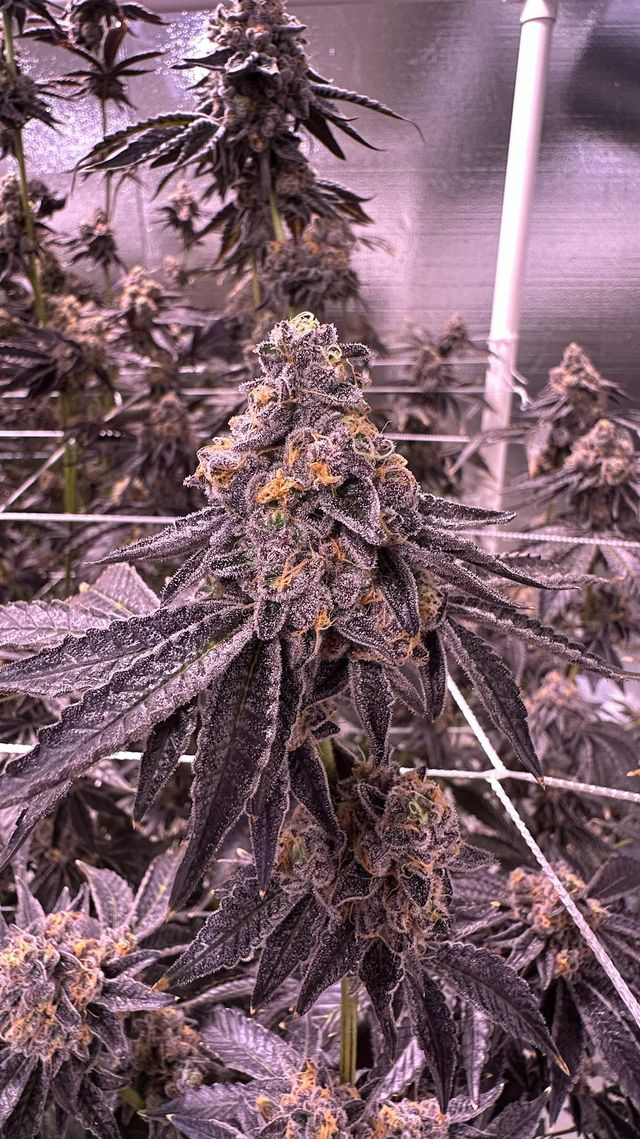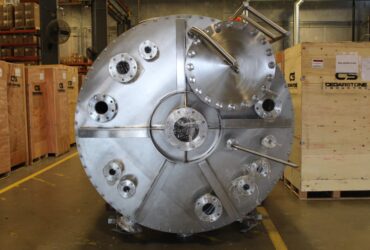Cannabis cultivation has come a long way, and one technique that has gained immense popularity among growers is the use of cannabis clones. Cloning allows growers to replicate their favorite cannabis plants and maintain genetic consistency. In this article, we’ll delve into the world of cannabis clones, exploring what they are, how they’re created, and the advantages they offer.

What Are Cannabis Clones?
Cannabis clones, also known simply as “clones,” are genetic replicas of a mother cannabis plant. They are essentially cuttings taken from a mature cannabis plant and encouraged to root and grow into a new, genetically identical plant. This process allows growers to preserve the desirable characteristics of a specific cannabis strain.
The Cloning Process
To create cannabis clones, a grower selects a healthy, mature cannabis plant with desirable traits, such as high THC content, robust growth, or unique flavors and aromas. A cutting is taken from the chosen plant, usually a stem or branch, and is treated with rooting hormones to encourage root development. The cutting is then transplanted into a growing medium until it establishes roots and can be grown as a separate plant.
Advantages of Using Clones
Genetic Consistency: Cloning ensures that each new plant is genetically identical to its mother plant. This consistency is crucial for preserving specific strain characteristics.
Faster Growth: Clones skip the seed germination stage, allowing growers to save time and potentially harvest earlier.
Predictable Results: With clones, growers can reliably reproduce the same quality and quantity of cannabis with each harvest.
Conclusion
Cannabis clones are a valuable tool in the arsenal of cannabis cultivators. They offer a way to maintain genetic consistency, streamline the growing process, and produce reliable results. Whether you’re a home grower looking to replicate your favorite strain or a commercial producer aiming for consistency, understanding and using cannabis clones can elevate your cannabis cultivation game.












